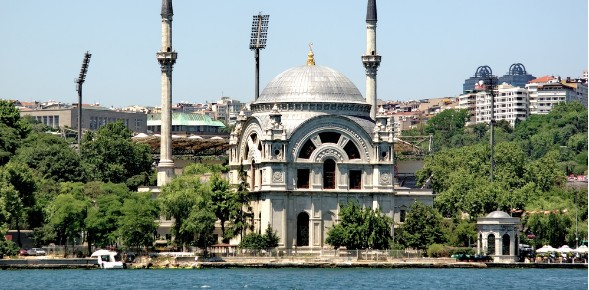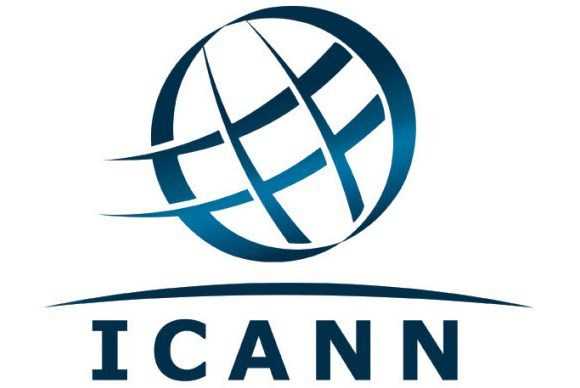Israel has become bridge between Turkey, Jordan
Quietly, over past five months, Turkish shipping has been avoiding Syrian unrest, tense borders, by docking at Haifa Port, unloading trucks laden with cargo bound for Jordan
Lior El-Hai
Published: 04.25.13, 20:50 / Israel News
The relationship between Turkey and Israel had been in a downward spiral up until a few weeks ago; now it seems that at least where trade is concerned, Middle East realities trump politics.
Just recently, the opposition party in Turkey attempted to embarrass its country’s prime minister, Recep Tayyip Erdogan, by revealing that a Turkish shipping company owned by his son was moving its cargo via Israel, in spite of the tensions between the two countries.
Now it appears that Erdogan junior is not alone. For five months Israel has been serving as a continental bridge to Turkish loads making their way to Jordan on large trailers, as well as for Jordanian goods making their way via Israel to Turkey and to other nations.
What has made Israel such an ideal mid-point is the war-like situation that continues in Turkey, plus issues at the border crossings between Turkey and Syria, and between Jordan and Syria. Prior to the outbreak of war in Syria, cargo trucks moved via Syria, continuing onto Jordan, Saudi Arabia and other Gulf nations.
For the past year there has been a cut in communications between Turkey and Syria, thus trucks cannot cross between the two countries. Insurance companies have refused to insure their cargo, thus causing difficulties in the transfer of loads from Turkey to other countries.
The problems along the Syrian border led to the creation of a special project, whose logistics are run by Tiran Shipping, located in Haifa. Tiran serves as an agent for shipping companies, among which is the Turkish company Sisa Shiping Lines, whose ships anchor once a week in Haifa Port.
“This project began to provide a service to the Jordanian market,” said David Behrisch, Managing Partner of Tiran. The business connection currently serves only Jordanian imports and exports, due to the fact that Saudi Arabia refuses to accept trucks with cargo transferred via Israel.
Currently, Turkish ships dock at Haifa Port once a week, and the intention is to raise this to twice per week. On Saturday, a ship is expected to arrive at the Israeli port carrying 60 trucks loaded with Turkish goods. On its way back, the ship will return to Turkey carrying 60 trucks laden with Jordanian agricultural exports.
The Turkish trucks drive in a convoy from the Haifa Port, to the Sheikh Hussein Bridge, where they cross the border to Jordan. At times, this train of trucks can reach a half kilometer in length.
“We are happy to provide our services to every customer who docks at the Port of Haifa,” a port spokesperson said.
via Israel has become bridge between Turkey, Jordan – Israel News, Ynetnews.







